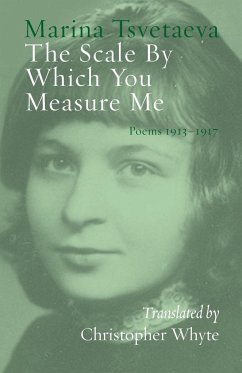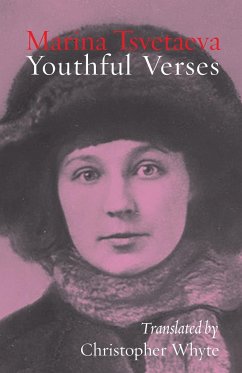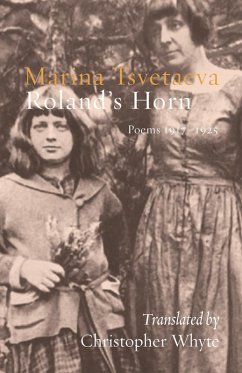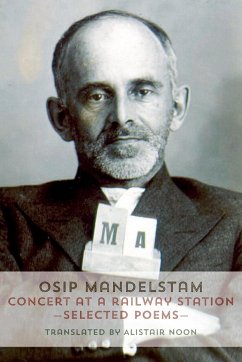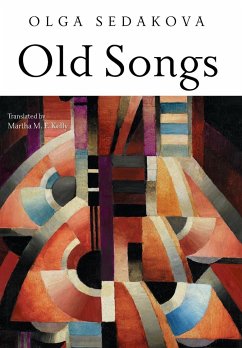
Poem of the End
6 Narrative Poems
Versandkostenfrei!
Versandfertig in 1-2 Wochen
17,99 €
inkl. MwSt.

PAYBACK Punkte
9 °P sammeln!
Marina Tsvetaeva is acknowledged today as one of the twentieth century's greatest poets, a masterful innovator who produced a remarkable body of work before her untimely death in 1941. This bilingual collection contains six of her acclaimed narrative poems, most translated into English for the first time. Tsvetaeva always regarded the narrative poem as her true challenge, and she created powerful and intensely original works in this genre. They can be seen as markers of various stages in her poetic development, ranging from the early, folk-accented 'On a Red Steed' to the lyrical-confessional ...
Marina Tsvetaeva is acknowledged today as one of the twentieth century's greatest poets, a masterful innovator who produced a remarkable body of work before her untimely death in 1941. This bilingual collection contains six of her acclaimed narrative poems, most translated into English for the first time. Tsvetaeva always regarded the narrative poem as her true challenge, and she created powerful and intensely original works in this genre. They can be seen as markers of various stages in her poetic development, ranging from the early, folk-accented 'On a Red Steed' to the lyrical-confessional 'Poem of the Mountain' and 'Poem of the End' to the more metaphysical later poems, 'An Attempt at a Room,' a beautiful requiem for Rainer Maria Rilke, 'New Year's Greetings,' and 'Poem of the Air,' a stirring celebration of Lindbergh's transatlantic flight and the quest for the soul's freedom. "There has been no more passionate voice in twentieth-century Russian literature." -Joseph Brodsky







